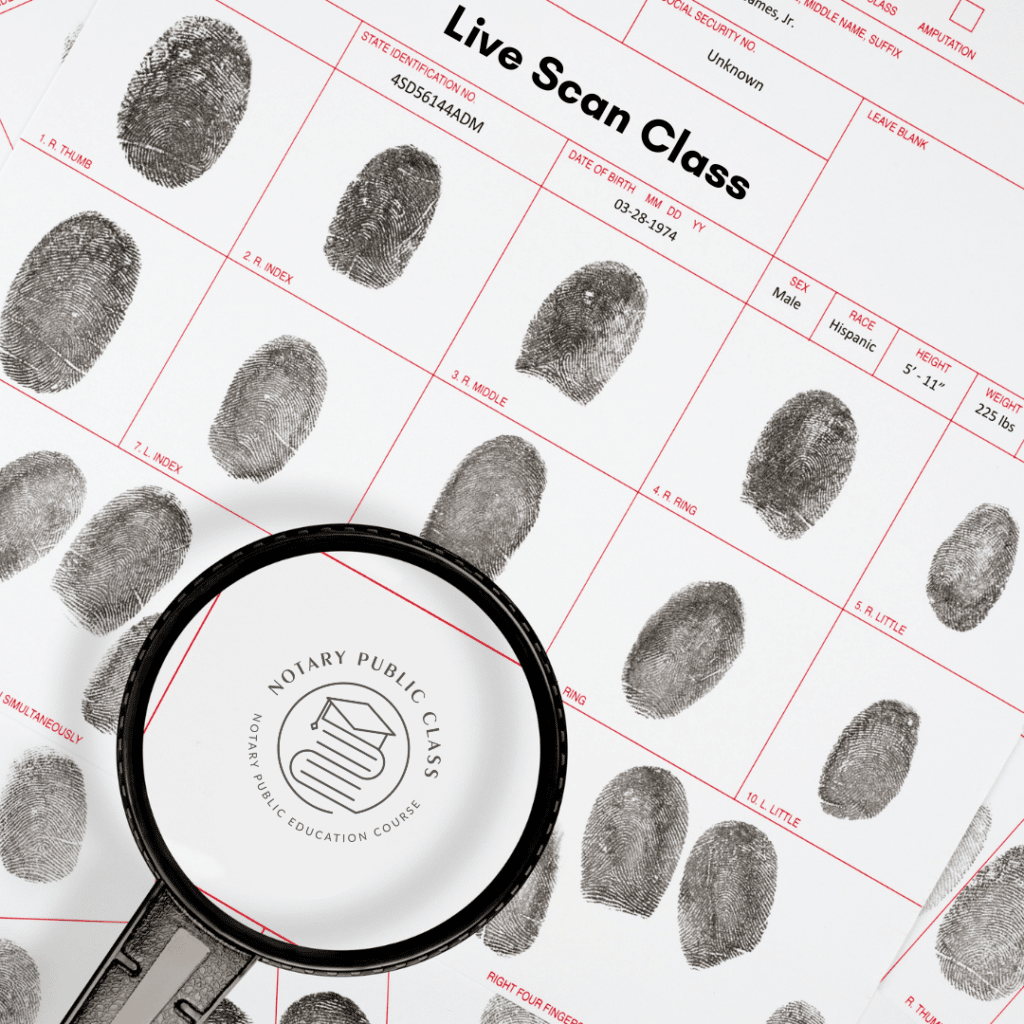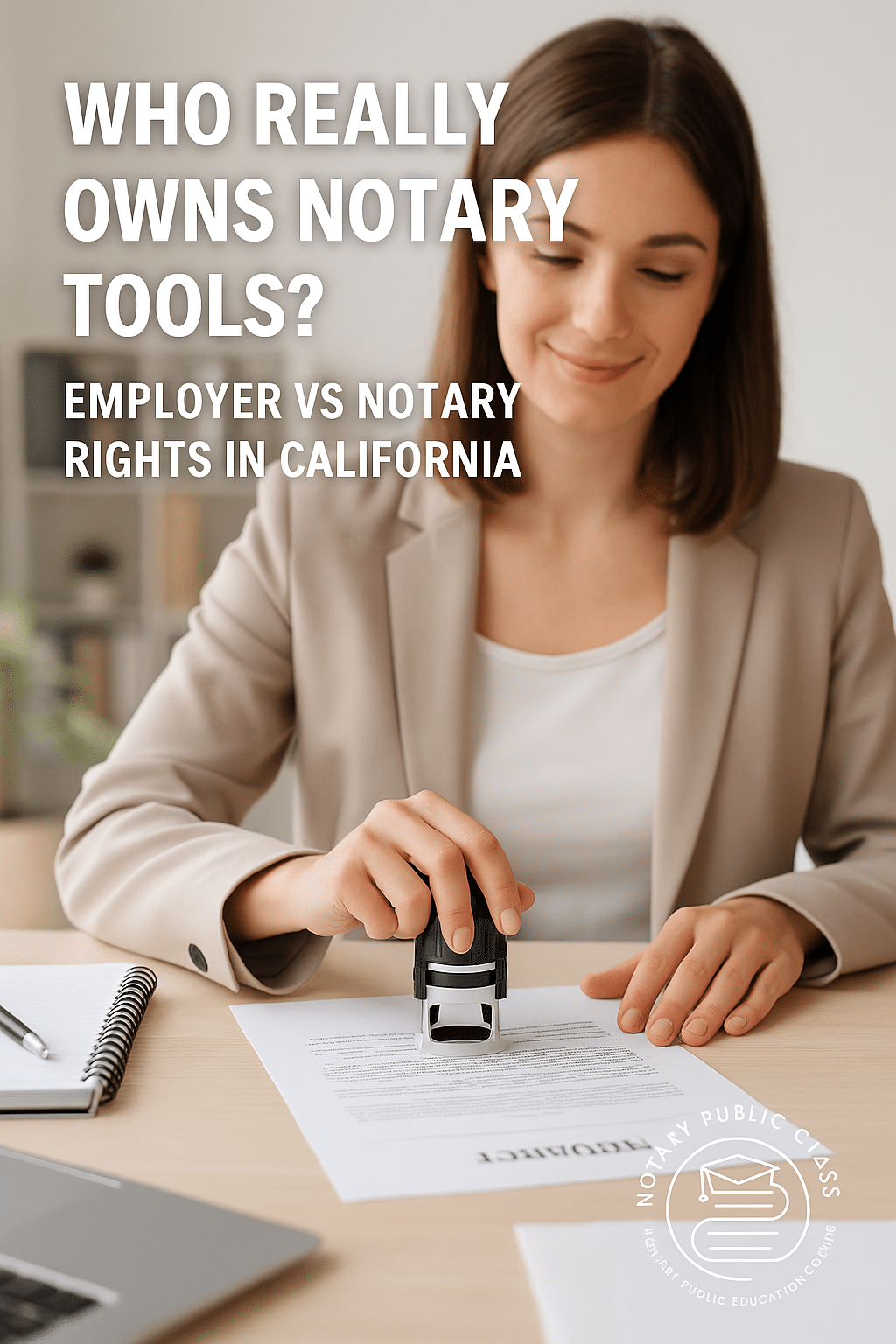Embarking on the journey of notarizing a document can often seem daunting, especially for those unfamiliar with the process. The question of “How to notarize a document in California?” frequently arises among individuals and businesses. Let’s unravel the steps and delve into the essentials of notarization in the Golden State.
Understanding the Role of a Notary Public
A notary public is pivotal in ensuring documents are notarized accurately and lawfully. The California Secretary of State commissions California notaries. They are responsible for verifying the identity of signers, ensuring that they sign documents voluntarily, and witnessing the signing of important documents.
The Step-by-Step Guide on How to Notarize a Document in California
- Preparation of Documents: Ensure all documents to be notarized are complete and ready for notarization. Remember, a notary cannot proceed with notarizing incomplete or blank documents.
- Identifying the Signer: The notary must verify the identity of the individual signing the document. This can be done through government-issued IDs, passports, or other valid identification.
- Ensuring Willingness and Understanding: The notary ensures that the individual signs the document willingly and understands the type of document they are signing.
- Signing in the Presence of a Notary: The individual signs the document in the notary’s presence to validate the notarial act.
- Journal Entry: The notary will make a journal entry, recording key details of the notarization ensuring adherence to California law.
- Affixing the Notary Seal: The notary will affix their notary seal and complete the certificate, validating the notarization.

Learn about the ten most common mistakes notaries make and how to avoid them.
Embracing Remote Online Notarizations
While traditional notarization requires physical presence, the advent of remote online notarizations has transformed how services are rendered. Although California has been cautious in adopting remote online notarizations, it’s crucial to stay abreast of updates from the California Secretary of State for any changes in legislation or guidelines.
Navigating Various Notarial Acts
Understanding the different notarial acts is crucial, from affirmations and oaths to acknowledgments and jurats. Whether notarizing a power of attorney or ensuring the authenticity of a sworn statement, each act has specific requirements and implications.
Conclusion: Ensuring Compliance and Integrity
Specific rules and guidelines bind notarization in California. From maintaining a journal entry for every notarial act to ensuring the secure storage of the notary seal, California notaries must adhere to stringent standards. Whether you’re a notary in California or an individual seeking notary services, understanding and respecting the process is paramount to ensuring the lawful and effective notarization of important documents.
Frequently Asked Questions (FAQ) – Notarization in California
1. How do I get a notarized document in California?
To get a document notarized in California, follow these steps:
- Ensure the document is complete and ready for notarization.
- Locate a commissioned notary public. This can be done through online directories, banks, or other institutions that offer notary services.
- Physically appear before the notary with the document and a valid form of identification.
- The notary will verify your identity, ensure you understand and are willing to sign the document, and then witness your signature.
- The notary will then affix their seal and signature to the document, completing the notarization process.
2. What documents can a California notary not notarize?
In California, notaries are prohibited from notarizing certain documents. These include:
- Vital records such as birth, death, or marriage certificates. If you need copies of these documents, you’ll have to reach out to the appropriate agency.
- Documents in which the notary has a personal interest or stands to benefit.
- Incomplete documents or those with blank spaces.
3. What identification is acceptable for a notary in California?
In California, the following forms of identification are generally considered acceptable for notarization:
- California driver’s license or identification card.
- U.S. passport.
- Foreign passport stamped by the U.S. Citizenship and Immigration Services (USCIS).
- U.S. military identification card.
- Driver’s license or identification card issued by another U.S. state.
- Mexican or Canadian driver’s license issued by an appropriate public agency.
- The California Department of Corrections and Rehabilitation issues an inmate identification card if the inmate is in custody.
4. Do you need a witness for a notary in California?
In California, a notary public acts as an impartial witness to the signing of documents. However, certain documents or transactions may require additional witnesses apart from the notary. It’s essential to check the requirements of the specific document or consult with legal counsel. The notary cannot act as a second witness.
I hope this FAQ section clarifies the nuances of notarization in California. Please let me know if you have any other questions or need further details!




